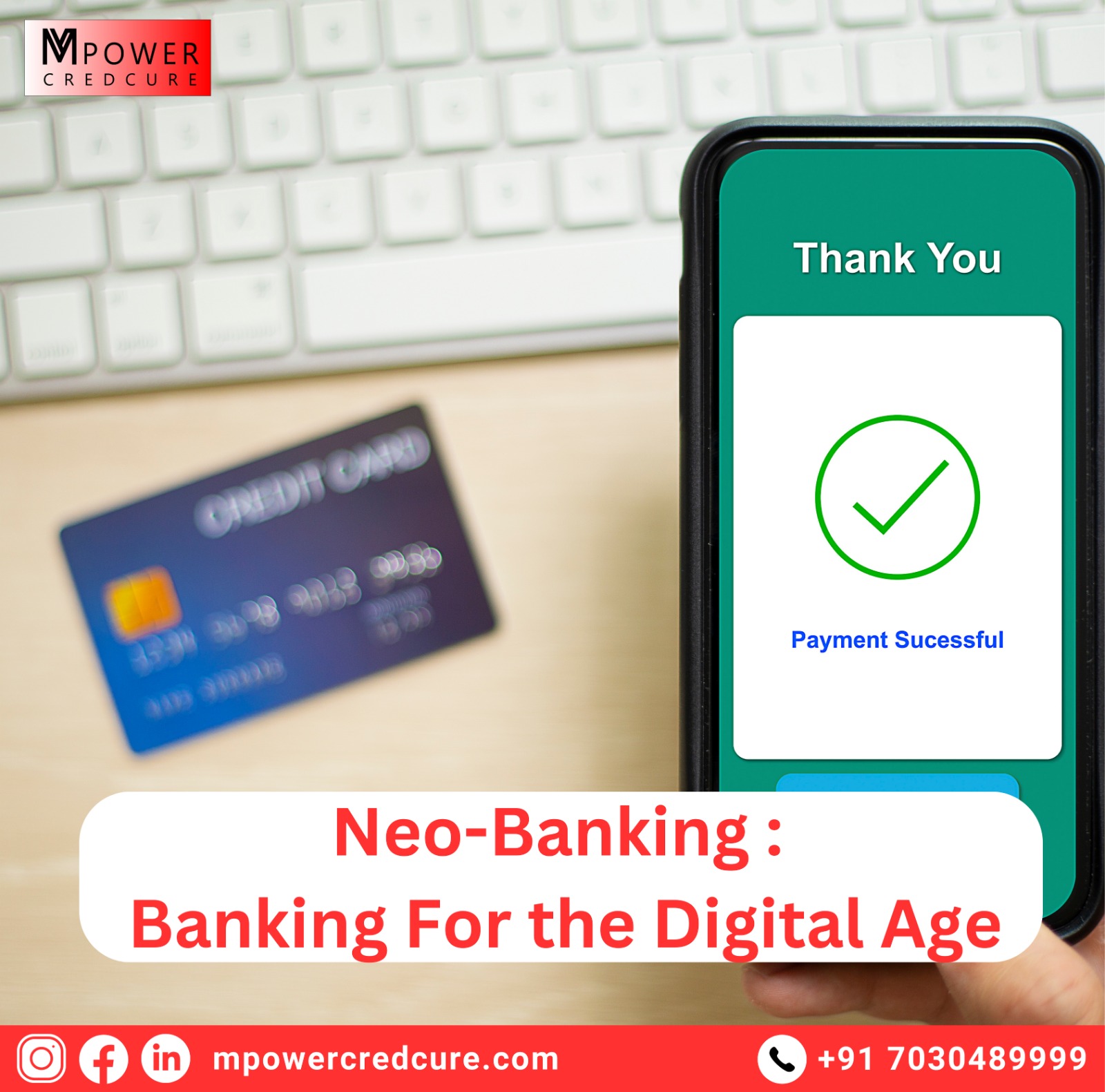What is Microcredit – Definition, Types and How it Works
28 August 2023
Author: Mpower Credcure

Overview of microcredit and its significance
Microcredit, a revolutionary financial concept, extends its impact far beyond traditional banking. At its core, microcredit aims to uplift individuals, particularly those in underserved communities, by providing them with access to modest loans. These loans, often minimal in value, empower budding entrepreneurs, mostly women, to establish or expand small businesses, fostering economic self-sufficiency. The significance of microcredit lies not only in its financial assistance but also in its potential to break the cycle of poverty, promote gender equality, and fuel local economic growth. By bridging the gap between financial institutions and marginalized individuals, microcredit redefines the realm of possibilities, creating a pathway towards empowerment and inclusive development.
The role of microcredit in financial inclusion and poverty alleviation is paramount. Microcredit acts as a potent tool to extend financial services to those who have traditionally been excluded from mainstream banking due to lack of collateral or formal credit history. By offering small loans to individuals and communities with limited access to financial resources, microcredit enables them to start small businesses, generate income, and improve their living standards. This empowerment not only reduces dependency on informal moneylenders but also contributes to poverty alleviation by creating sustainable livelihoods. Moreover, microcredit often targets women, recognizing their potential to drive economic growth and social progress. As microcredit bridges the financial gap and promotes entrepreneurship at the grassroots level, it plays a pivotal role in fostering economic inclusion and uplifting disadvantaged communities.
Explaining microcredit as small-scale financial assistance
Microcredit operates as a lifeline of small-scale financial assistance that brings economic possibilities within reach for individuals who would otherwise be excluded from conventional banking systems. It revolves around extending modest loans, often without requiring extensive collateral or credit history, to those who lack access to formal financial services. These loans act as catalysts, enabling recipients to initiate micro-enterprises, pursue vocational training, or address immediate financial needs. The beauty of microcredit lies in its adaptability and accessibility, aligning with the diverse aspirations and circumstances of its beneficiaries.
Central to the concept of microcredit is its focus on low-income individuals and aspiring entrepreneurs. Microcredit institutions recognize that economic opportunities should not be confined by financial constraints. By specifically targeting those who lack the resources to secure conventional loans, microcredit creates a direct avenue for upward mobility. It empowers individuals to harness their skills, talents, and aspirations to create sustainable businesses that contribute to local economies. This inclusive approach fosters a sense of ownership and self-reliance among borrowers, gradually uplifting communities and promoting equitable growth.
Types of Microcredit
- Group-based Microcredit :- Epitomized by the Grameen Bank model, introduces a collaborative approach to financial empowerment. Originating from the visionary efforts of Muhammad Yunus, this innovative concept recognizes the strength of collective responsibility in propelling economic progress. In this model, borrowers form small groups, where members act as both peers and guarantors for each other's loans. This setup fosters a sense of community and mutual support, while also reducing default risks. The Grameen Bank model's success lies not only in providing access to funds but also in nurturing a spirit of entrepreneurship and camaraderie, resulting in improved livelihoods and transformed social dynamics.
- Individual microcredit :- Individual microcredit is a tailored approach to financial empowerment, catering to the unique aspirations and needs of individual borrowers. Unlike group-based models, individual microcredit extends loans to borrowers without the need for collective guarantees. This allows for more personalized financial solutions, enabling borrowers to pursue ventures that align with their skills and goals. Individual microcredit recognizes the diverse spectrum of entrepreneurship, providing resources for small-scale businesses, vocational training, and even basic needs. By offering autonomy and flexibility, this model fosters self-reliance and encourages borrowers to unleash their potential, ultimately contributing to local economic growth and self-sustainable development.
- Agricultural Microcredit :- Agricultural microcredit is a pivotal tool in cultivating rural prosperity by providing financial assistance to farmers and agriculturists. This specialized form of microcredit recognizes the crucial role of agriculture in economies and livelihoods. It aims to address the unique challenges faced by those engaged in farming, offering loans for crop cultivation, livestock rearing, and equipment purchase. By extending credit to enhance agricultural productivity, this model enables farmers to invest in their land, improve yields, and increase income. Agricultural microcredit not only bolsters food security but also uplifts rural communities, fostering sustainable agricultural practices, reducing poverty, and contributing to the overall well-being of farming households.
The Process of Microcredit
The process of microcredit involves a structured approach to ensure effective utilization of funds and borrower empowerment:
- Application and Assessment of Borrowers
Borrowers initiate the process by submitting loan applications, detailing their financial needs and intended use of funds. Microcredit institutions meticulously evaluate these applications, considering factors like income, creditworthiness, and the proposed business venture. This assessment aims to ascertain the feasibility of the borrower's plans and the ability to repay the loan. Additionally, some institutions emphasize financial education, equipping borrowers with essential knowledge to manage funds responsibly. - Loan Disbursement and Terms
Once borrowers are approved, microcredit institutions disburse the loans, often in small amounts tailored to the borrower's needs. The terms of the loan, including interest rates, repayment schedule, and any associated fees, are clearly communicated. Transparent terms ensure borrowers understand their financial obligations and can plan repayment effectively. Loans may be disbursed directly or through community-led mechanisms, depending on the model adopted. - Repayment and Recycling of Funds
Repayment begins according to the agreed-upon schedule. Microcredit Institutions often incorporate flexible repayment options aligned with borrowers' cash flows, which can vary due to seasonal income patterns. As borrowers repay their loans, the funds are recycled within the microcredit system. Repayments contribute to replenishing the available pool of funds, allowing more individuals to benefit from microcredit. This sustainable practice ensures a continuous cycle of lending and borrowing, creating a positive impact on borrowers' lives and the community as a whole.
Impact of Microcredit
Microcredit's impact on empowering women and marginalized communities is undeniable. In societies where traditional norms may restrict women's economic participation, microcredit provides a transformative avenue. By gaining access to financial resources, women can launch their businesses, gain independence, and contribute to their families' well-being. This empowerment extends beyond financial realms, fostering self-confidence, decision-making abilities, and leadership skills. As women thrive economically, their status within their families and communities often elevates, catalyzing a positive cycle of change. Moreover, microcredit's targeted approach towards marginalized groups ensures that those often left on the fringes of development have the opportunity to break free from the cycle of poverty. It levels the playing field, granting them access to resources and the means to shape their destinies, ultimately creating more equitable societies.
The impact of microcredit extends beyond individual empowerment, permeating into local development. As borrowers launch businesses and invest in their communities, a ripple effect of economic growth occurs. These small-scale enterprises contribute to job creation, enhance local markets, and stimulate economic activity. Microcredit's focus on sustainability encourages borrowers to make environmentally conscious choices, fostering responsible practices that benefit both their businesses and the ecosystem. Additionally, as microcredit institutions often operate within the same communities they serve, they become hubs of knowledge, offering financial education, training, and technical assistance. This leads to enhanced skills, better business practices, and improved overall development. Through this intricate interplay of economic empowerment and local development, microcredit shapes the path towards vibrant, resilient communities.
Challenges and Criticisms Regarding High Interest Rates and Potential Debt Traps
One significant challenge and criticism surrounding microcredit revolve around the issue of high interest rates and the potential for borrowers to fall into debt traps. While microcredit aims to provide access to finance for underserved populations, some microfinance institutions operate with interest rates that can be comparatively high due to the inherent risks involved and the costs of administering small loans. This can create a burden for borrowers, especially in situations where the terms are not fully understood or where borrowers lack the financial literacy to manage their debts effectively. In some cases, borrowers may take multiple loans to repay existing ones, leading to a cycle of indebtedness commonly referred to as a debt trap. To ensure the positive impact of microcredit, it is imperative for microfinance institutions to strike a balance between maintaining their financial sustainability and safeguarding borrowers from over-indebtedness, while also providing comprehensive financial education and support to borrowers.
Challenges and Criticisms Regarding creating Sustainable Livelihoods and Local Development
Challenges and Criticisms regarding creating sustainable livelihoods and local development through microcredit primarily revolve around ensuring the long-term viability of the initiatives. One criticism is that while microcredit can jumpstart small businesses and generate income, the absence of broader infrastructural support and market linkages may limit the sustained growth of these enterprises. Additionally, the impact of microcredit on local development can be affected by external factors such as economic fluctuations, changing market demands, and even political instability. Critics argue that without comprehensive community development strategies, the effects of microcredit may remain localized, failing to contribute significantly to broader economic transformation. To address these challenges, microcredit programs should collaborate with local authorities and institutions, focus on skill-building and capacity enhancement, and foster linkages to larger markets. A holistic approach that combines microcredit with complementary interventions can lead to more robust and enduring local development outcomes.
Conclusion
In conclusion, the concept of microcredit embodies a powerful force for change, transcending traditional financial models to empower individuals, families, and communities. Its impact goes beyond the realm of economic transactions, touching lives, fostering entrepreneurship, and igniting hope. As we've seen through the lens of "Mpower Credcure" and other microcredit institutions, this approach has the potential to create a symphony of transformation, lifting the marginalized, nurturing businesses, and nurturing sustainable livelihoods. The ripple effects of microcredit reverberate through gender equality, poverty reduction, and local development, painting a picture of inclusive economies that resonate with shared prosperity. The journey of microcredit is far from complete; it beckons for further exploration, innovation, and collaboration to unlock its full potential as a catalyst for building societies where every individual's aspirations can be realized, echoing the ethos of empowerment that "Mpower Credcure" and similar entities stand for.
Share this post:






















